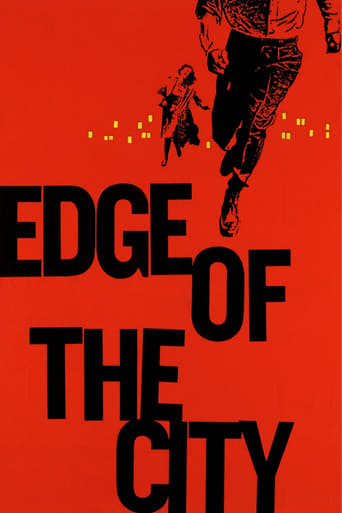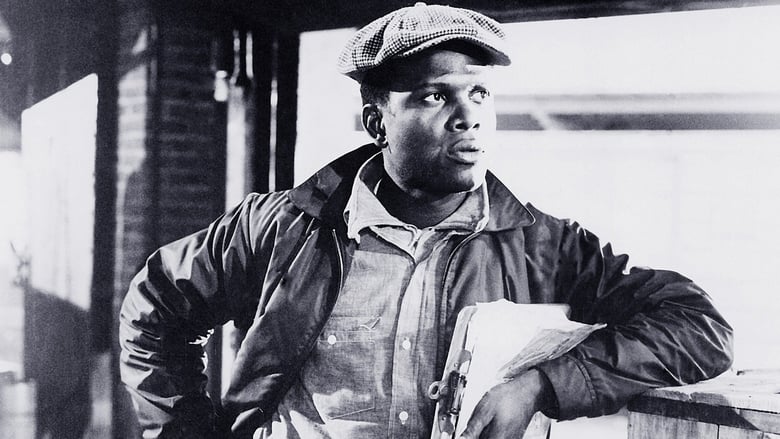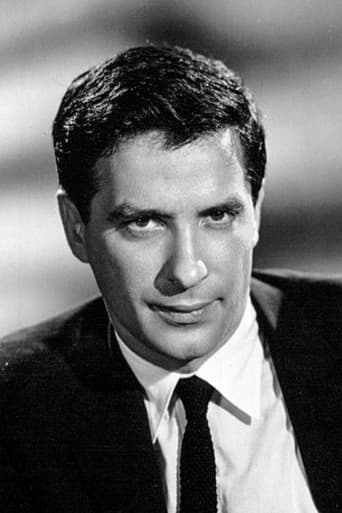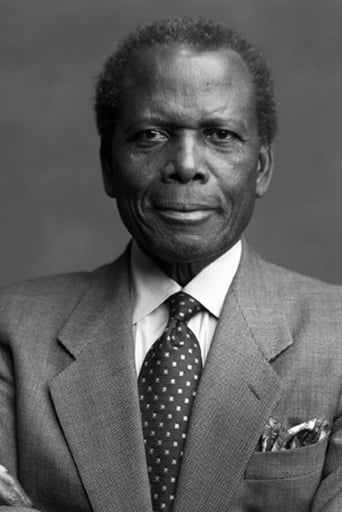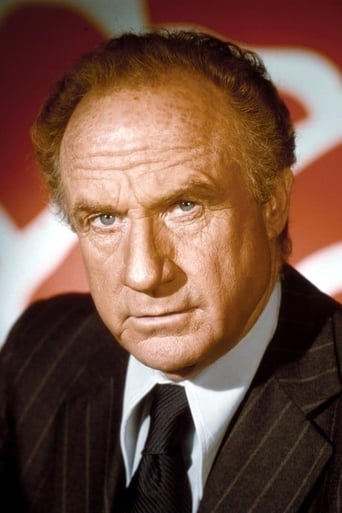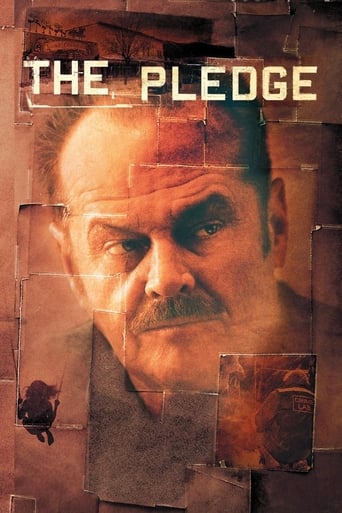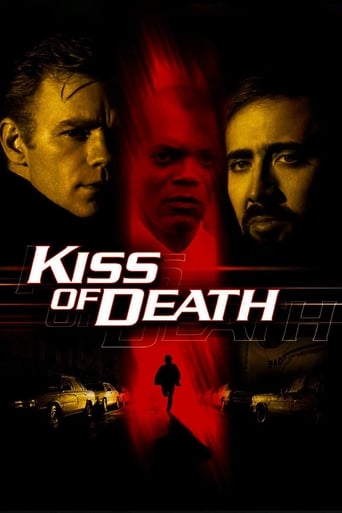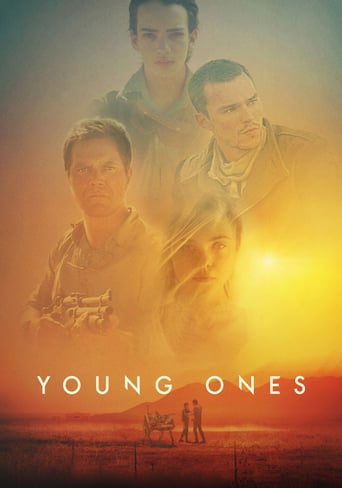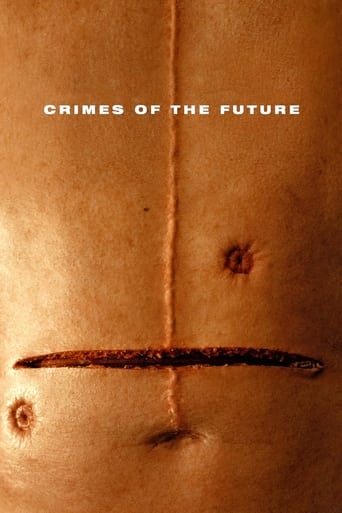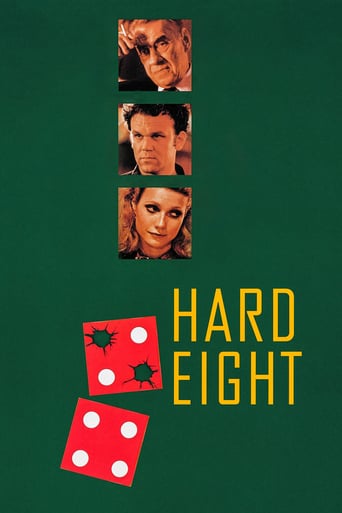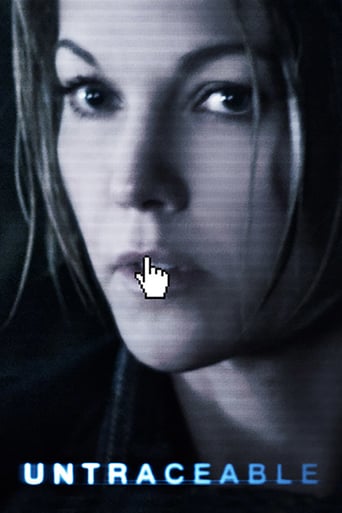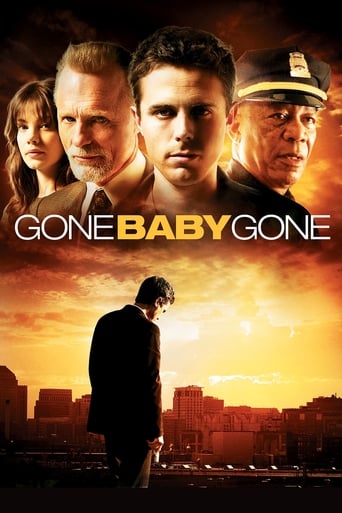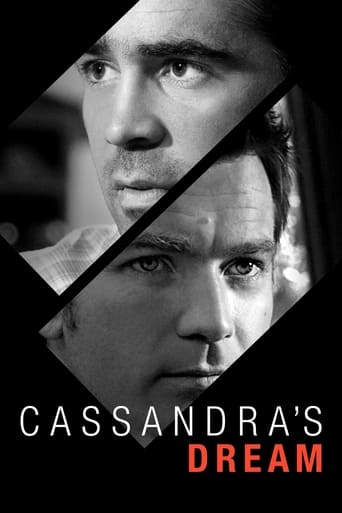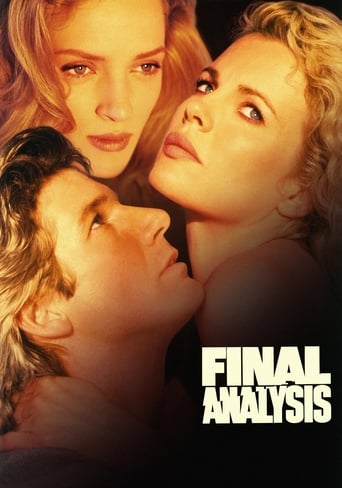Edge of the City (1957)
An army deserter and a black dock worker join forces against a corrupt manager.
Watch Trailer
Cast


Similar titles
Reviews
Memorable, crazy movie
Good films always raise compelling questions, whether the format is fiction or documentary fact.
This is a must-see and one of the best documentaries - and films - of this year.
There's a more than satisfactory amount of boom-boom in the movie's trim running time.
In the book 'Cassavetes on Cassavetes' (or as close to an autobiography we have of him, which is an interview with film professor Ray Carney), Cassavetes mentions that before Faces the only two films he had anything to do with that he was proud of were Shadows- which, naturally, was his first feature and one of the few cinematic examples of something like jazz (true improv)- and this film, Edge of the City.Maybe it was due to the subject matter, being about something simple (two guys from different backgrounds working as longshoreman who become friends just based on getting along and mutual trust and respect) with the more 'topical' stuff (racism, class) being secondary. Or it was because it's a film much like On the Waterfront that gives its characters room to have realism unlike melodramas of the past? Or it's just cause he's that damn good in the film, and knew it while making it.A scene early on with Axel North (real name Axel Nordman), who seems adrift in the night in New York City and calls up his parents who are in Indiana (though we don't know what at the time), seems to indicate what Cassavetes might have found in the project so worthwhile. Here he gets to behave moreso than traditionally "act", which is like being himself.In this scene with the phone call he covers the phone receiver and speaks, but no one on the other end can hear him, and it's a very sad and tense exchange of words as the son can hear but the parents cannot. It's a scene like this that shows Cassavetes in a sensitive moment, vulnerable, which helps a great deal once he's set against the man he works for, the brutish and unsubtle racist Charles (Jack Warden). Luckily at the job he meets an upstanding guy, Tommy, played by Sidney Poitier, and the two become close friends almost by chance (Tommy trying to get closer and closer to the sorta sky Axel).Seeing these two actors together, and how well they're able to work with the natural dialog by Robert Alan Arthur that allows them to speak more like regular people from the period than like movie characters, is what really makes this movie. Some of the story gets a little far-fetched in the third act (how simply a key character is laid to waste in a fight), but director Martin Ritt never loses sight of how Poitier and Cassavetes behave around each other.One is more reserved (and for good reason, being a war deserter and with a bad secret from his past with his younger brother, "the only person I ever loved"), and one more outgoing in his friendliness (Tommy being a guy who likes to hang out, talk, romance with the ladies). And for the time period it set an example that other films needed to try and steer towards: not being overtly anti-racism, though the film has some of that, but just showing clearly how people can get along, as people. Poitier would a year later try a little more for this in The Defiant Ones.Watching Cassavetes is also a key to the film's success; when he tells Poitier the story about his brother, suddenly the film slows down from the pace it has when Tommy is in charge of the conversation as a warmhearted (if sometimes pushy) kind of guy. It's a story that allows Cassavetes room as an actor, the kind which would probably influence him with his own actors. Also another scene that displays how generous he could be and how spot-on (or just effortless) his timing was is when he talks with the girl Tommy tries to set Axel up with, played by Kathleen Maguire. He seems so out of the loop of it, but as a genuine and nice guy he's able to connect with her. As an actor he also lets us know how messed up Axel really is, sometimes without having to say anything - just a look would do, though Tommy sometimes asks for more. And in the last act, it gets to a point that has some of the finest work Cassavetes ever did.Ritt understands how this world works, how people can either get along together, or not as the case with Jack Warden. He seems to be such a SOB, kind of like Lee J. Cobb in Waterfront only less of a higher-up kind of guy. Even he as a cartoonish villain comes off genuine in how he reacts to things. It says a lot when a director can get a one 1/2 dimensional character to seem convincing. Edge of the City has that, as a kind of character-driven noir film.
This is a Slightly Overrated Film that has its Heart in the Right Place and its Portrayal of Interracialism is Daring and the Look is Natural, if Idealistic, and not Forced. With all the Good Intentions and Sparky On Location Filming and some Peppery Dialog, this Movie as a Whole is too Over Acted by Sidney Poitier to be Believed as Slice of Life Neo-Realism.Poitier is just too Bubbly and Vivacious, Cheery and Outspoken, Lively and Gregarious, that the Nerves Grate and it is just too much. It seems that Someone Plugged Him in and Forgot to Turn Down the Volume, or at Least the Overplayed Optimism.John Cassavetes Tries Real Hard with his "Method" of Acting and for the Most Part it Works, Except Maybe when He is Forced into an Awkward Romance where the Ploy of Repeating Words and Stammering come Off more Stanislavsky than a Believable Character. This is Melodrama with too much Negro Merriment, Until the Very End when Ruby Dee as Poitier's Wife comes Unglued. The Film Overall is Worth a Watch and has a Few Good Cutting Edge Lines and Confrontations around the Dock. "I remember when People like you couldn't even work here." is Simplistic and the Racism is Subtle, but in the Scene it is Never Followed Up with much, and 'You're the blackest ape I've ever seen." comes out of Nowhere and Stings a bit. The Two Fight Scenes are Realistic to a Point but a bit Staged Nonetheless.
Maybe this wowed them in the 50's, but this is one of those flicks that doesn't age well. It's got that preachy, earnest, downtrodden working man vibe of a 2nd rate Rod Serling live TV "Playhouse" broadcast. The "plot" is by the book, the Cassevetes character's troubled background seems tacked-on, and the love interest is unconvincing and half-hearted.Sidney Portier gives an OK performance, but man he sure was an annoying, haughty snot. If I had to work with this guy in a warehouse I'd probably want to hit him with a grappling hook too. Jack Warden is good, because as usual, he plays Jack Warden.Like 90% of the films rated on IMDb (whether they are classics, mediocre or crapola) somehow this one gets rated with 7-point-some-stars. It is in no way deserving of that. Save your time
Martin Ritt's first film offers an exceptional existentialist answer (three years later) to Elia Kazan's more conservative "On The Waterfront." While "Waterfront" benefited immensely from an electrifying Marlon Brando, who inadvertently disguised Kazan's offensive theme of trying to justify naming names (as Kazan did eagerly before the House Un-American Activities Committee), "Edge of the City" boasts a young John Cassavetes and an upstart Sidney Poitier daring to confront issues that "Waterfront" failed to acknowledge, namely, workers' rights and race relations."Edge of the City" boldly dives into this (then) unknown territory, and although the quite appealing black protagonist (Poitier) may seem a bit Hollywood simplistic, the courageous struggle against thinly-veiled bigotry and violence has hardly aged at all. One wonders how shocked initial 1957 moviegoers were at such a bold presentation of white-black relations (if some of the bigoted didn't leave the theater early, they must of left dumbfounded, if not offended). The last reel of the film will still surprise audiences, as it refuses to sink into expected clichés, including those that tainted "Waterfront." While both films climax with a fight in front of stunned workers, director Ritt avoids the tiddy simplicity of Kazan's ratonalizied ending. Only the most jaded viewers will not realize "Edge" remains such a radical and entertaining film.What's most disturbing about this lost classic: how it sadly stayed unavailable on any format, for reasons that remain quite cloudy until it surfaced in a Sidney Poitier compilation in late 2008. This film should be required viewing in high school or college history classes across the country, yet one can only find it on obscure late-night TV, if ever at all.

